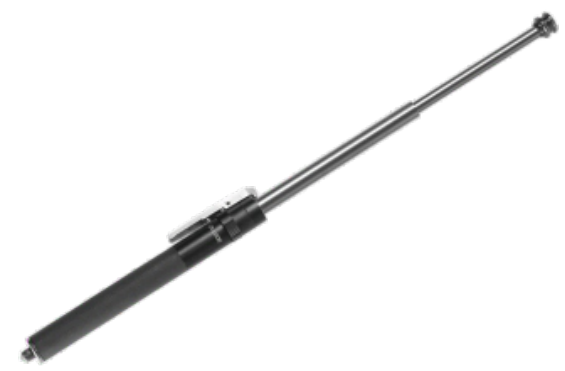How to Import Police Batons Legally and Efficiently: A Compliance Guide for Global Distributors
Introduction
As global demand for police batons continues to rise, importers are presented with growing business opportunities. However, the success of any import operation depends on strict compliance with international laws and technical regulations. Failure to comply may result in fines, shipment delays, or even product seizures.
This guide outlines how to legally and efficiently import police batons, helping distributors minimize risks and ensure smooth operations across borders.
Understanding Global Compliance Challenges
Different countries have different laws governing the import of police batons. Importers must navigate a complex legal landscape that includes:
? Import Restrictions
-
Some countries ban or restrict specific types of batons based on size, weight, or function.
? Licensing Requirements
-
Many regions require import permits, police-use certifications, or security licenses.
-
These may involve company background checks or authorization from public security departments.
?️ Technical and Safety Standards
-
Importing countries may demand compliance with standards for:
-
Materials (e.g. reinforced steel, impact-resistant polymer)
-
Performance (e.g. strike resistance, handle durability)
-
Safety features (e.g. anti-slip grip, secure locking mechanisms)
-
?️ Labeling and Documentation Rules
-
Mandatory information may include:
-
Manufacturer and country of origin
-
Compliance symbols or batch numbers
-
Warning labels in the local language
-
?♂️ End-User Restrictions
-
Sales may be limited to law enforcement agencies, licensed security companies, or government entities.
6 Steps to Ensure Successful Importation
1. ✅ Conduct In-Depth Regulatory Research
-
Use official customs portals or consult international trade lawyers.
-
Stay updated on changes in legislation and import control policies.
2. ? Choose a Compliant Manufacturer
-
Work with manufacturers experienced in law enforcement equipment export.
-
Ask for product test reports, CE/ISO/NATO/NIB quality certificates, and certificates of origin.
3. ?️ Prepare Complete and Accurate Documents
-
Required documents typically include:
-
Commercial invoice
-
Packing list
-
Certificate of compliance
-
Technical specifications sheet
-
4. ? Use the Correct HS Codes
-
Proper product classification helps avoid customs delays or mislabeling fines.
-
For expandable batons, consult with customs brokers for HS Code confirmation.
5. ? Plan Secure Packaging and Clear Labeling
-
Durable packaging protects the product in transit.
-
Ensure all required markings are clearly visible and comply with the import country’s language and format.
6. ? Work with Professional Customs Brokers
-
A reliable broker familiar with tactical gear can help you avoid common import pitfalls.
Why Work With Jiangsu Kelin
Jiangsu Kelin Police Equipment Manufacturing Co., Ltd. supports international distributors with:
-
✔️ Fully compliant and certified police batons
-
✔️ Detailed technical documents, test reports, and certificates
-
✔️ Pre-shipment inspection and quality control photos
-
✔️ Fast production and flexible export packaging
-
✔️ Guidance on navigating market-specific regulatory hurdles
Conclusion
Importing police batons isn’t just about placing orders—it’s about understanding international trade law, meeting technical standards, and ensuring documentation precision. With the right partners and proactive planning, you can expand into new markets confidently and compliantly.
Next Steps for Importers
-
? Contact Jiangsu Kelin to get started with compliant, factory-direct police baton exports.
-
? Request product datasheets and compliance documentation.
-
? Discuss logistics and packaging requirements for your region.
-
?? Consult a customs expert to finalize your import strategy.
Jiangsu Kelin is your trusted global partner for tactical equipment that meets international expectations—backed by 30+ years of experience and full certification support.
 En
En
 CN
CN
 AR
AR
 NL
NL
 FR
FR
 DE
DE
 HI
HI
 IT
IT
 JA
JA
 KO
KO
 PT
PT
 RU
RU
 ES
ES
 ID
ID
 VI
VI
 TH
TH


